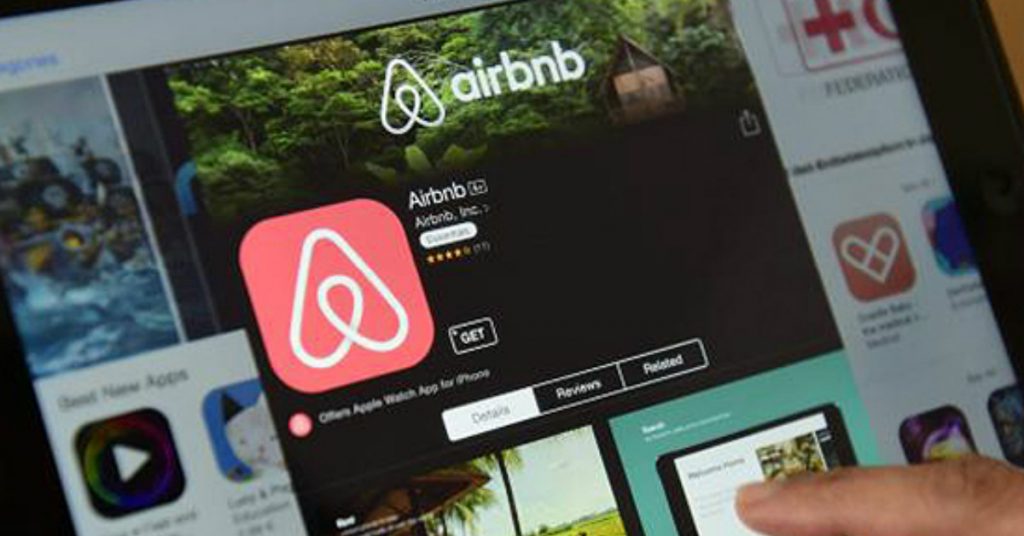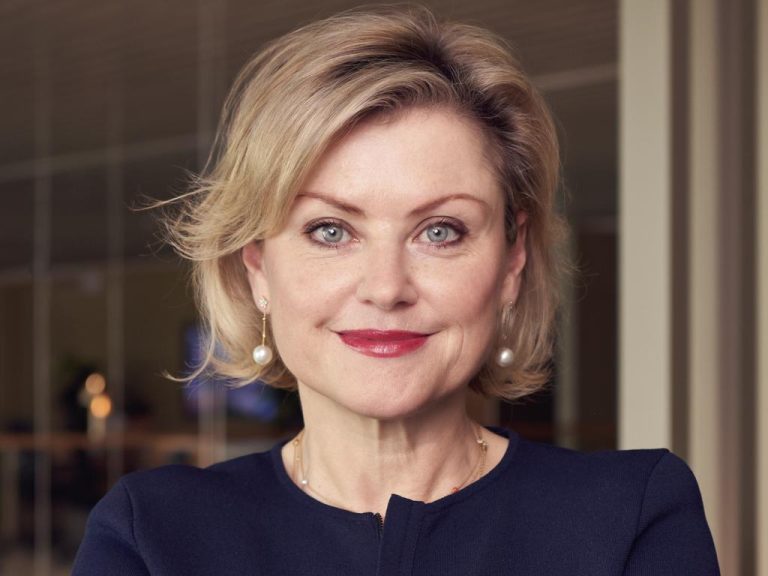Party’s over for Airbnb after New Year’s Eve record

Australia’s love affair with Airbnb is over.
In the year ahead, the online accommodation site’s hotbed NSW, along with Tasmania, will join South Australia in imposing regulation on the share economy giant.
But as the prenups are being drafted — in the NSW case after an 18-month parliamentary inquiry the results of which are expected in April — Australia went out with a final no-strings-attached New Year’s Eve bang.
Commercial Insights: Subscribe to receive the latest news and updates
In Sydney a record 26,000 people used the service to book a place to celebrate the end of 2016, a number that pushed the harbour city for the first time into fourth spot globally, behind New York City’s 52,000 guests, Paris’s 38,000 and 46,000 in London.
Australia also moved into the top five busiest destinations for Airbnb bookings on NYE after the US, France and Britain and followed by Spain.
The company says the average booking was $129. Most people shared a space in their home while they went away themselves. Some of the prime spots overlooking Sydney Harbour secured the owner $5000 a night.
Globally, News Years Eve was Airbnb’s biggest night on record. More than two million guests used the service, more than twice last year’s total and a 1400-fold increase since 2009 when the company was embryonic.

Airbnb had a huge New Year’s Eve in Australia.
As it stands, 3.5 million Australians have an Airbnb account which, according to the company, is 200% more than this time last year.
But it is these numbers and the continuing speed in their growth that has had governments and regulators scrambling to catch up amid accusations the site is eating up housing and rental stock.
Throw in further finger-pointing around Airbnb party houses making block living unbearable and the drivers behind regulatory scrutiny are obvious.
There’s no playbook for any of this — for us or the cities
The shift from lovers to long-term relationship marks a notable cultural shift for Airbnb. When the company started out, its founders Joe Gebbia, Brian Chesky and Nate Blecharczyk were advised by US start-up funder Y Combinator’s Paul Graham to seek out their evangelists. Back in 2009, they were the hosts.
No longer a start-up but a mature private company worth an estimated $30 billion, Airbnb has an eye on going public and is seeking out its evangelists in government.
“There’s no playbook for any of this — for us or the cities,” Airbnb’s global head of policy and former Clinton staffer Chris Lehane told The Weekend Australian in an interview while in Australia.
“So what you’re seeing is the applications of lessons learned over the last couple of years — now it’s got to this size and people are trying to figure it out.

Chris Lehane says Airbnb will make compromises “we may not be thrilled with”. Picture: James Croucher.
“When you make the leap from the horse and buggy to the car; you’ve got to ask, ‘What are the right regulations for this car?’
“The speed limit shouldn’t be five miles per hour — but the speed limit shouldn’t be 100 either.
“So we’re trying to figure out where it really makes sense here.”
London recently implemented a 90-day cap on the number of nights a host could list their property and in Amsterdam there is now a 60-day limit. Beyond that number, hosts require a licence to have paying visitors.
“Every city has a little bit of a different thing it’s trying to solve, when it comes to commercial listings,” Lehane says. “Tourism is growing in NSW, for instance; it is a big part of the economics so how can NSW really optimise that as much as possible while balancing the concerns about housing?”
Lehane said there were a variety of factors driving housing issues in Sydney. Airbnb said in Sydney it represented less than 1% of housing stock and across Australian 80 per cent of hosts listed their primary home.
When you make the leap from the horse and buggy to the car; you’ve got to ask, ‘What are the right regulations for this car?
On average, locals rent their homes out for 28 nights a year for an average $4500 annually.
“While we’re big here, if you look at our site relative to the overall housing market, it’s still really small,” he says.
“One of the primary drivers of housing costs in Sydney is that you’ve had a relatively good economic run and you’ve got a lot of people moving here fulltime.
“That is driving up the costs of housing as there’s going to be limited supply.’’
But even if this is not the case, Lehane says it is a “pretty easy thing to figure out”.
“If you could wave a magic wand what I think is objectively good as a smart public policy is allowing people to use their primary home however they want to use it. It’s their home; they live in it and you’re not taking housing off the market,” Lehane says. “And then figuring out the type of appropriate limited regulatory framework — light-touch framework — around how you want to deal with the secondary homes.
We’re going to sit down and figure this out even if we’re going to make compromises that we may not be thrilled with
“Part of that is ultimately going to be up to what is the government looking to balance here; how much does it see it benefiting from a tourist economy, versus making sure you’re not impacting the long-term housing market.”
Once that had been established, Lehane says then you can start implementing limits.
“Is there a number of days you think is right to rent out a property, and what those days are,” he says. “Caps is one thing. Limiting the number of properties that you can have on the listing is another.
“Then there’s the other types of stuff — they don’t relate directly to affordability but help in terms of making sure the quality of life issues are being addressed — the good neighbour tools we’ve released so if someone is abusing their property and impacting neighbours you can take specific action.’’
Lehane says the future of Airbnb and Australia is about trust.
“We want to be seen as a trusted entity that is willing to work in partnership and not doing what would be pretty easy to do and say, ‘It’s our way or the highway’,” he says. “We’re going to sit down and figure this out even if we’re going to make compromises that we may not be thrilled with but having a long-term view that this is part of the process here.”
This article originally appeared on www.theaustralian.com.au/property.







